In August 2011 Invisible Children hosted its first Fourth Estate Conference in San Diego, California. The conference was designed for Invisible Children’s core supporters as a broad, educational conference about global justice. Young people from all over the world came together with experts in the fields of film, business, journalism, economics, and international justice to discuss the millennial generation’s role in global justice and international humanitarian efforts.
In 2013, with a grant from Capital for Good, Invisible Children hosted its second Fourth Estate Leadership Summit at UCLA in Los Angeles. The Summit was attended by 1500 activists and educators from 27 countries. The weekend gave attendees the opportunity to meet the people, learn the skills, and gain the experiences that will help them make a difference in their own communities and around the world. Speakers included U.S. Ambassador to the UN Samantha Power, former anti-apartheid activist Jay Naidoo, former head prosecutor of the ICC Luis Moreno-Ocampo, and many more.
In August 2014, we hosted an intimate Fourth Estate Summit retreat for a handful of our top fundraisers from the past year. We built lasting relationships, and shared important conversations about the future of Invisible Children and global justice.
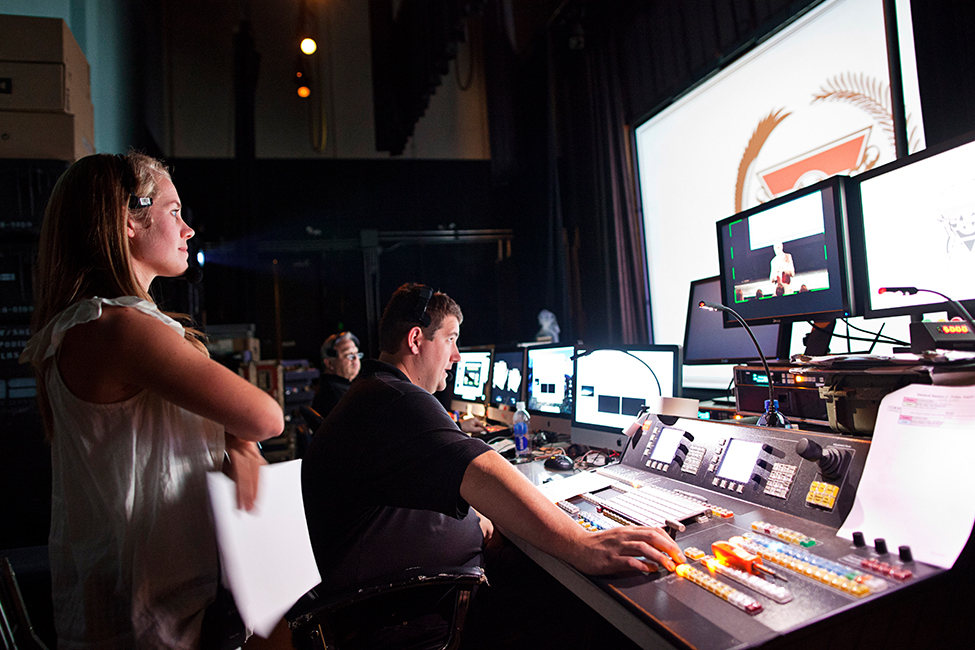
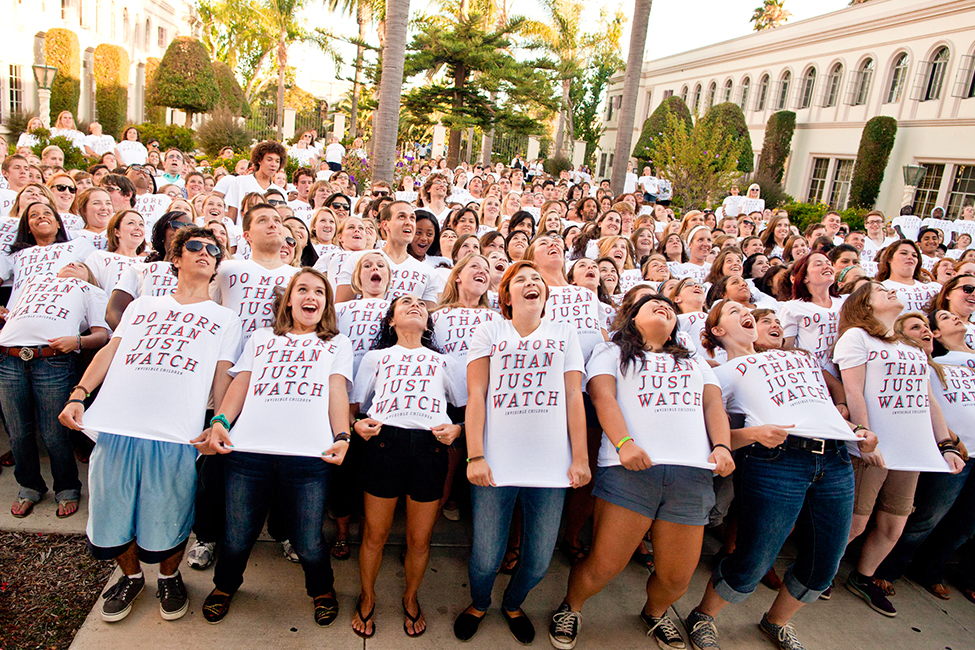
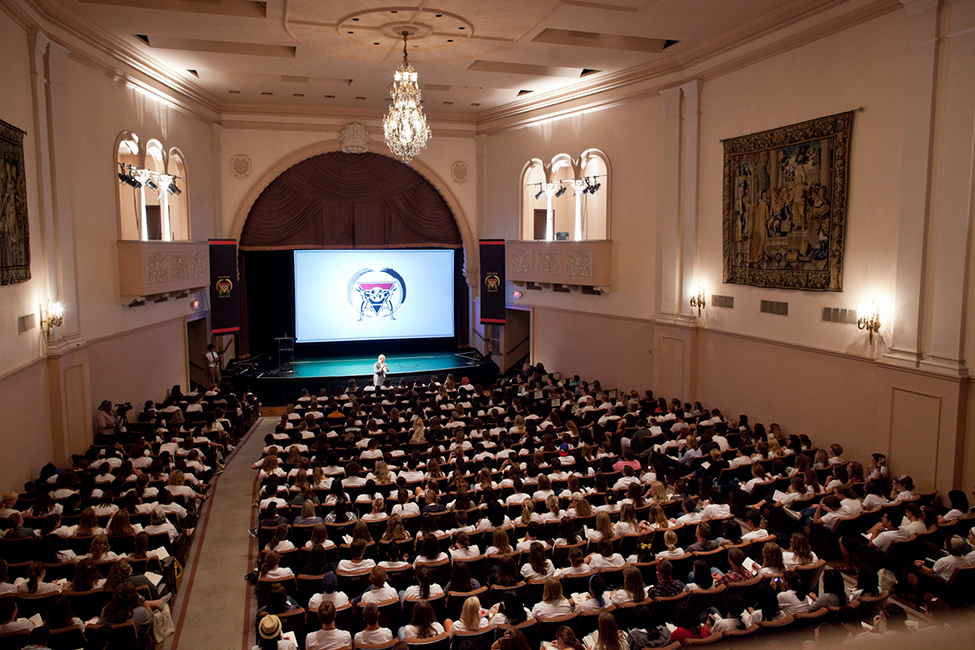
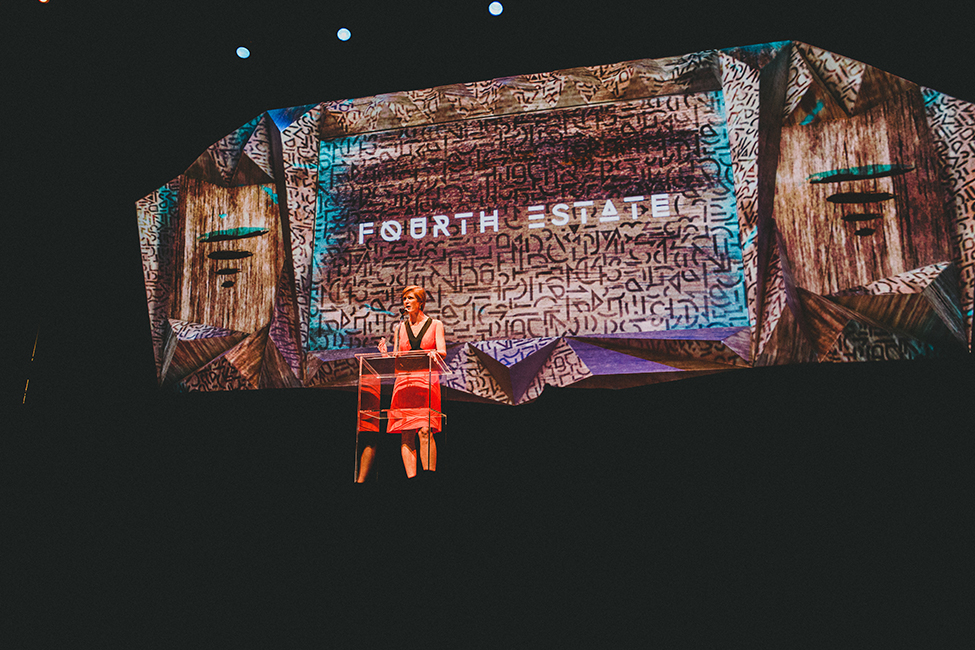
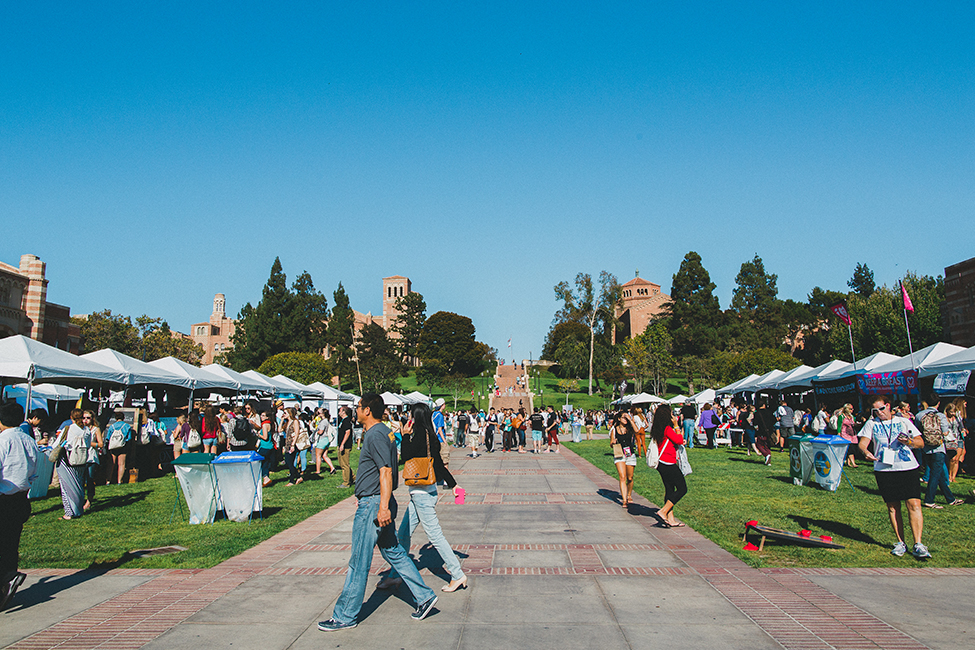
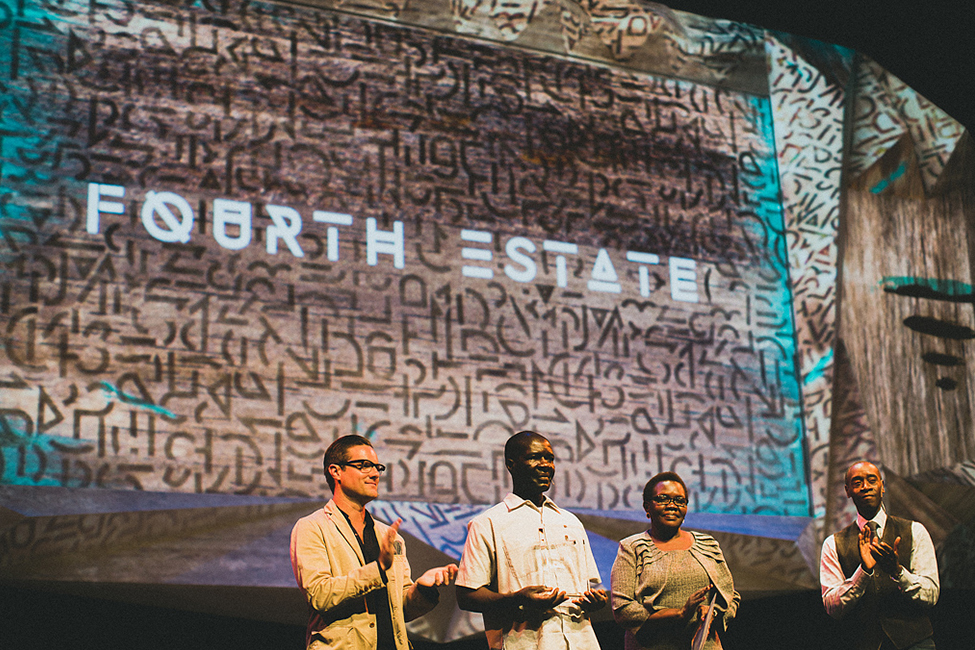
Think people should hear about this?